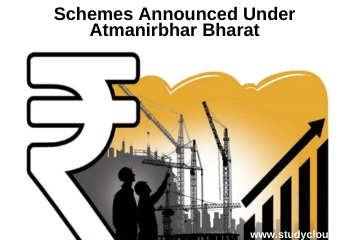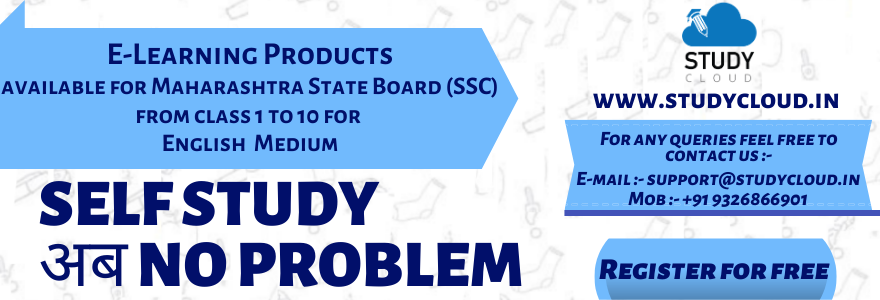We have sent password reset instructions and OTP. Please check your inbox
Don't have an account? Sign Up with us

Enter the below information to Reset Password
Successfully OTP Sent

Enter the below information to Reset Password
Please Enter OTP
Successfully OTP Sent
We have sent password reset instructions and OTP. Please check your inbox
Please Enter OTP
Successfully OTP Sent
We have sent password reset instructions and OTP. Please check your inbox
Please enter your email address below and we will send you instructions for setting a new password.

Incase you have already completed your registration process please enter your mobile number here to activate your account:

Schemes Announced Under Atmanirbhar Bharat

Author Name
@Krish Shah
 Published on
June 4th 2020
Published on
June 4th 2020
Schemes Announced Under Atmanirbhar Bharat
Introduction
India is a developing country although it stands at 5th position of the largest economy in the world. However, coronavirus has breakdown the economy of each country no matter how developed it is. This has led to a slowdown in the economy of India as well as. So Prime Minister Narendra Modi announced an idea for preventing this slowdown which is self-reliant India or as he said 'Atmanirbhar Bharat'. India imports more than it exports. During the fiscal year, 2018-19 India's exports are totalled to $330 billion while that of import is $514 billion. This has led to a huge outflow of money while very less inflow of foreign exchange. So for forfeiting this problem Indian Government decided with these schemes which emphasises on using local products other than foreign goods.
Pradhan Mantri Matsya Sampada Yojana (PMMSY)
Fishing is one of the biggest sectors of India as the southern region of India is covered by water bodies. Fishing is an important source of earning revenue for India as it is exported to various countries of the world like the USA, the United Kingdom and so on. However, the situation of the fishing industry in India is not well organised and well settled. This has led to issues of unhealthy storage facilities, transportation and such issues. So this scheme was introduced by the Government.
Pradhan Mantri Matsya Sampada Yojana (PMMSY) and Scheme for Formalisation of Micro Food Processing Enterprises (FME) is approved by the Union Cabinet. It emphasises on the blue revolution by the sustainable and responsible development of the fishing sector. The total cost for this revolution is estimated to be ₹20,050 crores out of which ₹9,407 crores, ₹4,880 crores and ₹5,763 crores are going to be born by the central government, state government bad beneficiaries. PMMSY is divided into 2 components of funding patterns which are Centrally Sponsored Scheme (CSS) and Central Sector Scheme (CS). Under CSS, the Northeastern and Himalayan states will receive 90% share of the scheme from the government and 10% from the state and other states will receive 60% share from central and 40% from state government. Under CS, the entire project is funded by the Central Government. It is going to be implemented over a period of 5 fiscal years i.e. from 2020-21 to 2024-25.
Formalisation of Micro Food Processing Enterprises (FME)
Micro Food Processing Enterprises are an integral part of an economy as it provides a lot of share to food sectors. They require very fewer funds for production and so the cost of their products is less. Such enterprises generally sell products like Pickles, Papad, etc. Many small women's group has started such enterprises and have prospered. However, due to insufficient funds and problems leading do you it, they are unable to process the required amount of products.
The total required investment for this scheme is estimated to be ₹10,000 crores which are going to be shared by the Central and State Government in the ratio 60:40. This means Central Government is going to invest 60% of the amount while the State Government is going to invest the balance 40%. It is going to be implemented over a period of 5 fiscal years i.e. from 2020-21 to 2024-25.
Conclusion
Self-Reliant India is not a new concept. We have experienced such a concept during the pre-independence period with the name 'Swadeshi Movement'. However, at that time we didn't own resources, machinery and technologies for producing such goods. But now, we have it and so this concept is reintroduced with better schemes for implementing it. These schemes will help India grow economically and socially and at one point we can be in the list of the largest exporting countries.



User Already Exists
A user with email address you entered already exists with us ! Try to sign in.